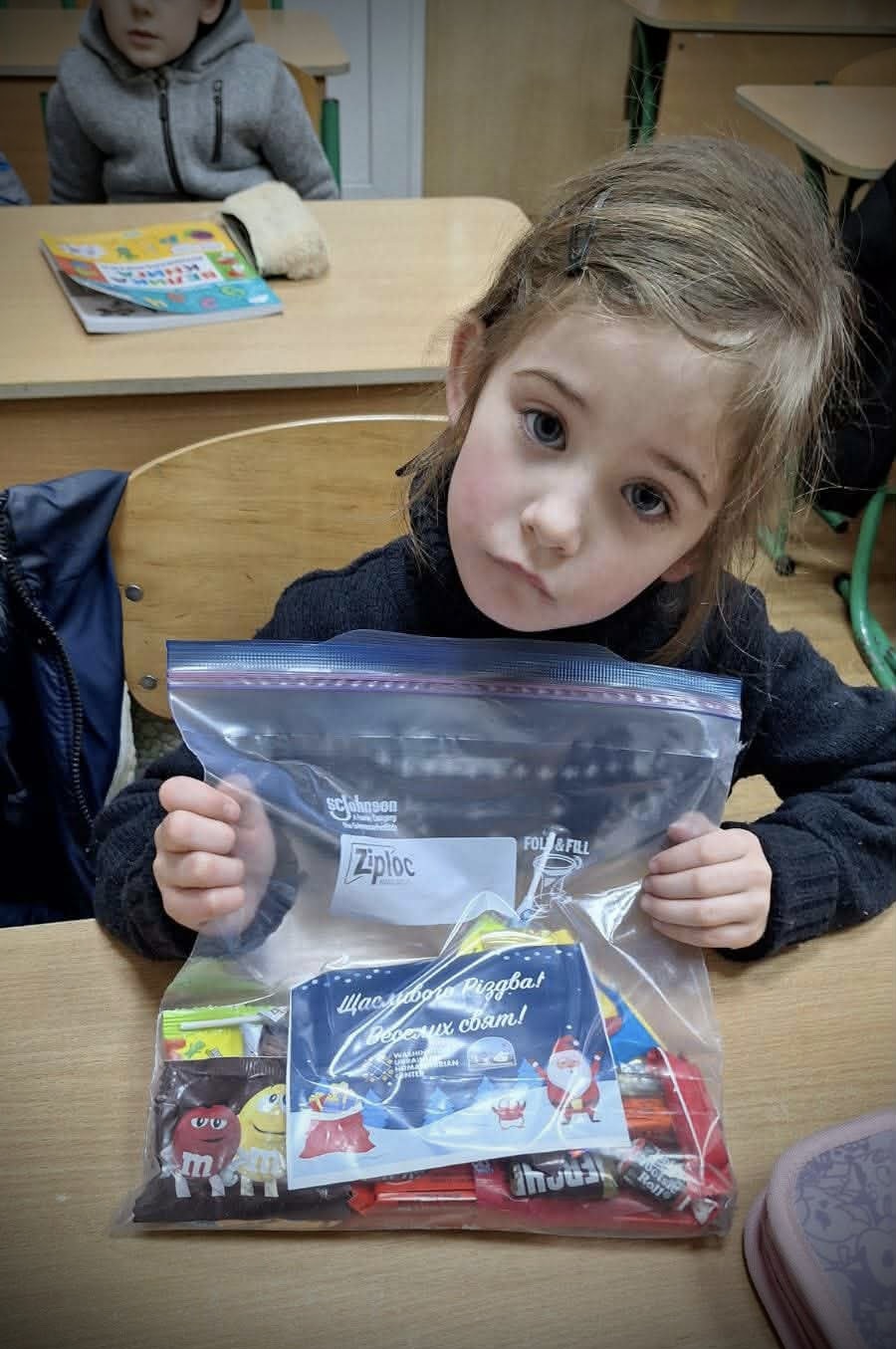Most of us bristle a little bit when we feel our agency is really limited and there’s nothing we can do about it,
One of the potential advantages of credit union democratic governance is that each person has an equal vote on the annual election of directors and mergers which end a charter’s life.
In both cases this potential for a single member to make a difference often creates anxiety and pushback by those in power. A current example of this fear is the reaction by the board of SECU (NC) to former CEO Jim Blaine’s repeated critiques of the credit union’s direction and lack of transparency.
After two years of contested board elections in 2023 and 2024, SECU’s Board made sure in 2025 there would be only the number of candidates as there were vacancies, thus ending a brief span of democratic member choice.
SECU’s conduct is not alone. It is the SOP for most large credit unions. And in mergers, the process is even more controlling as there are billions of dollars up for “change of control.”
So can one person make a dfference when all the traditional forces are aligned against democratic practice, when regulators are AWOL and the members seduced by their unrequited loyalty to their coop?
One Person’s Effort to Challenge Exploitaton
History shows again and again that one person can change the world, one event at a time. Here is the story of Bernard Devoto as told in Garrison Keiller’sThe Writer’s Almanac from Sunday, January 11, 2015.
It’s the birthday of historian Bernard DeVoto, born in Ogden, Utah (1897). He loved the wide spaces and big skies of the West, but he felt like an outsider in his hometown — he was raised Catholic in a Mormon town, and he was too bookish and unathletic to feel comfortable there.
He studied English at Harvard. After graduation, he taught at Northwestern and then at Harvard, although he never succeeded in his goal of becoming a full professor there. He wrote a novel, The Crooked Mile (1924), and dreamed of writing the Great American Novel. Then he wrote a book on one of his literary heroes, Mark Twain, a book called Mark Twain’s America (1932). It blended literary criticism and history, and DeVoto found he had a knack for nonfiction, and especially for history.
In 1935, he began a monthly column for Harper’s, “The Easy Chair,” which he wrote until his death. He covered a huge range of topics: the evils of McCarthyism, detective novels, the Civil War, railroads, the Western landscape, the best way to make a martini, and international politics. . .
In the summer of 1946, DeVoto took a three-month road trip through theWest. He had been writing about the West on and off for years, and had just finished two books set there — a novel and a history of fur trading. He wanted to revisit the place in preparation for a book on the Lewis and Clark expedition, and he thought he would write some essays during his trip.
He was horrified by the land abuse that he discovered there. The novelist Wallace Stegner, who wrote DeVoto’s biography, said: “DeVoto went West in 1946 a historian and tourist. He came back an embattled conservationist.” Commercial interests — especially cattle grazers and big timber — were attempting to take back huge amounts of public land, and DeVoto coined a phrase to describe it: a “land grab.”
Instead of the lighter travel pieces that he intended to write, he wrote a series of essays for Harper’s criticizing the assault on natural resources and the exploitation of wilderness. He described how politicians and businesspeople were conspiring with cattle ranchers to open public lands for grazing, and how timber companies were trying to clear-cut national parks.
In one of these essays, “The West Against Itself,” DeVoto wrote: “So, at the very moment when the West is blueprinting an economy which must be based on the sustained, permanent use of its natural resources, it is also conducting an assault on those resources with the simple objective of liquidating them. The dissociation of intelligence could go no farther but there it is — and there is the West yesterday, today, and forever.”
The preservation of Western land and resources became his life’s work. DeVoto lived for just nine more years after his summer road trip, but in that time he published more than 30 essays about Western conservation. . .
The Liquidation of Public Property
I chose this eample of one person’s influence because of the many parallels with today’s credit union’s practice of exploitive mergers.
In almost all these transactions now, members are showered with promises of future benefits while their legacy heritage is taken away and given without compensation to unknown third party control.
Credit unions like the natural wildness on public lands, grow organically from the ground up. They must start with a core group of common interest to be chartered. Afterwards it will take a generation or two of member loyalty to become self-sufficient.
Today these merged firms with millions and billons of dollars of asset growth funded with public purpose and tax exemption. are routinely chopped down after generations of growth and prosperity.
These naturally created dynamic organizations are broken apart for their individual pieces of market value. The member-owners who supported these “forever” institutions are left with nothing except the rhetoric of marketing and PR phrases never defined and quickly forgotten. And the financial spoils are dispersed among the arrangers.
The question remains. In a democratic institution can one person make a difference, sound the alarm and mobilize others to oppose this predatory behavior?
I’ll give an example of one who had the tenacity to throw back the covers on mergers. Then see who else might be willing to come forward.






